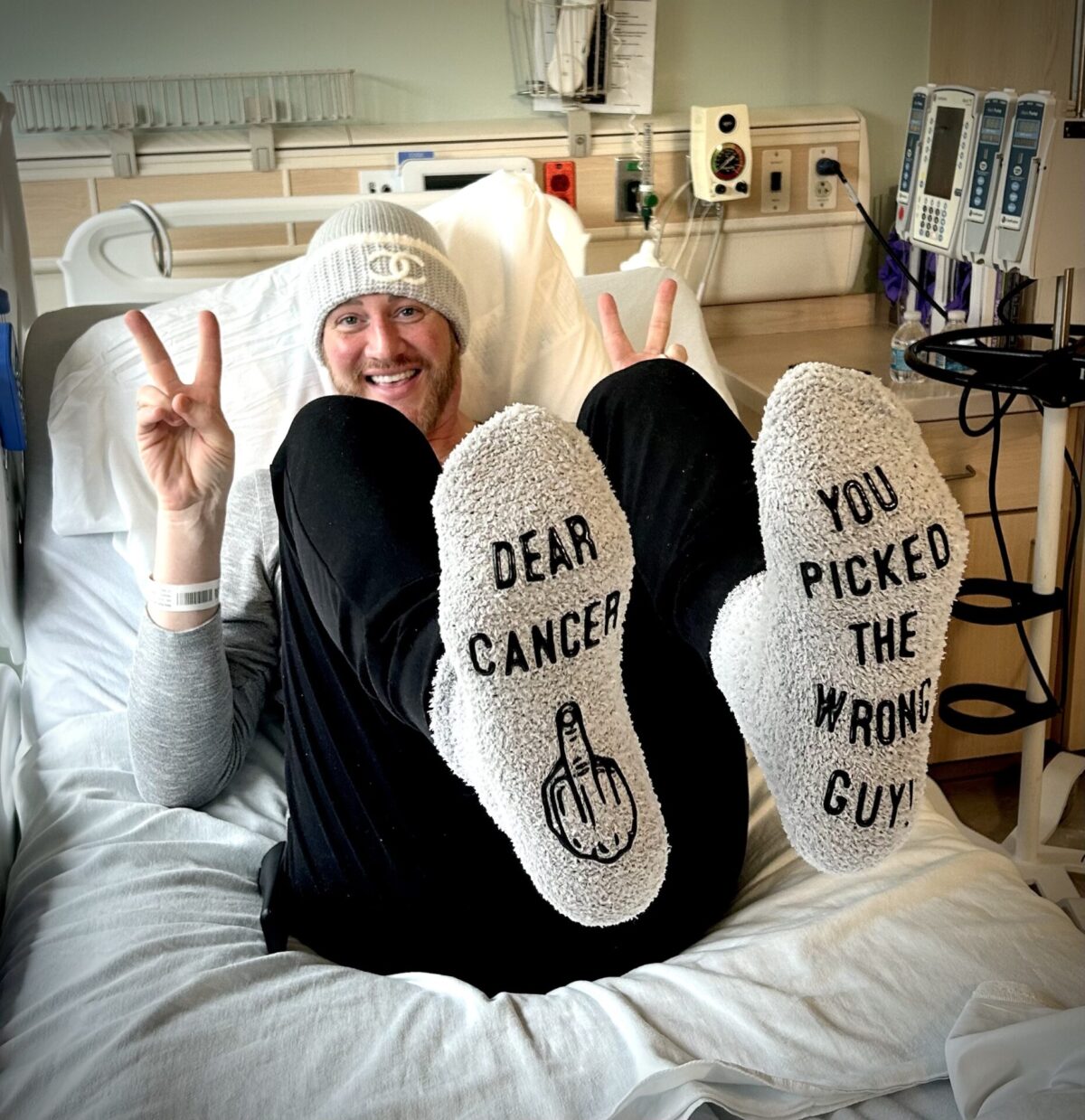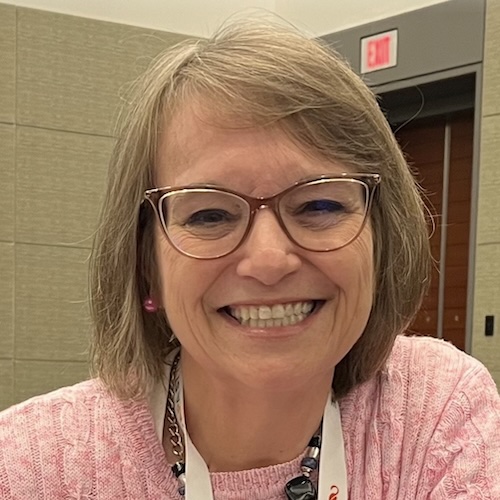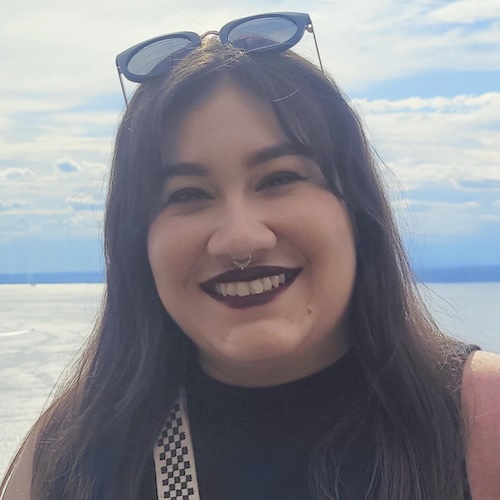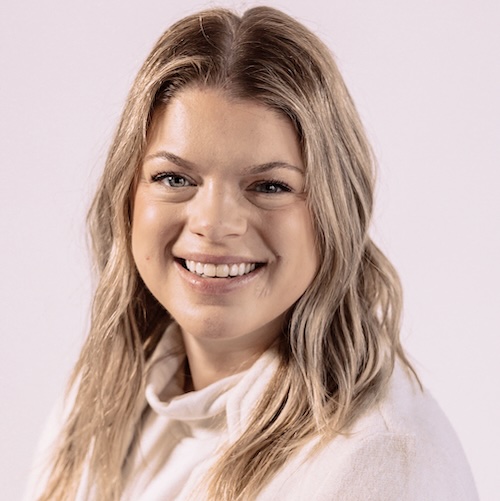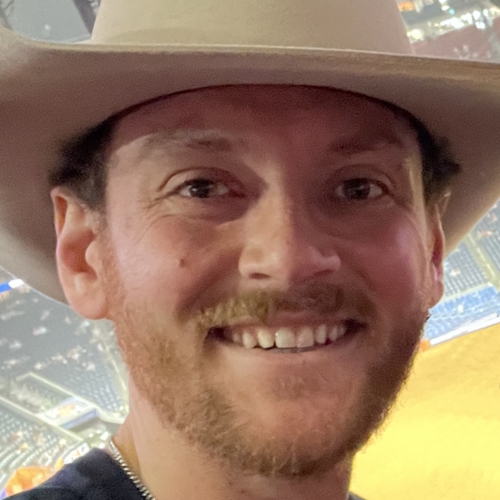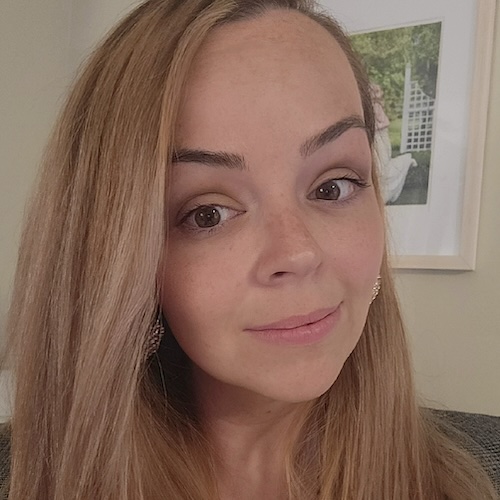Kyle’s Stage 4 Colorectal Cancer Story
Kyle, 45-years-old from Miami, found himself facing stage 4 colon cancer amidst the joy of preparing for adoption with his husband. Despite initial concerns while on vacation about unusual symptoms, Kyle’s diagnosis came as a surprise. After a colonoscopy revealed a mass in his sigmoid colon, further tests showed cancer had spread to his liver. Despite the emotional toll on his family, Kyle remains resilient, viewing cancer as a battle they’re fighting together.
Kyle’s treatment journey started with aggressive FOLFOX chemotherapy. Despite its challenges, he remains determined, sharing his experiences openly to encourage others to prioritize preventive screenings. From managing side effects like heightened senses to navigating chemo crashes, Kyle offers insight into the reality of living with stage 4 colon cancer.
Kyle encourages other cancer patients to be your own advocate. From proactive screening to asking tough questions, he emphasizes the importance of taking control of one’s medical journey. Kyle’s openness about his experience underscores the critical need for early detection and support. As he continues his fight, Kyle reminds others that they’re not alone in their journey against cancer.
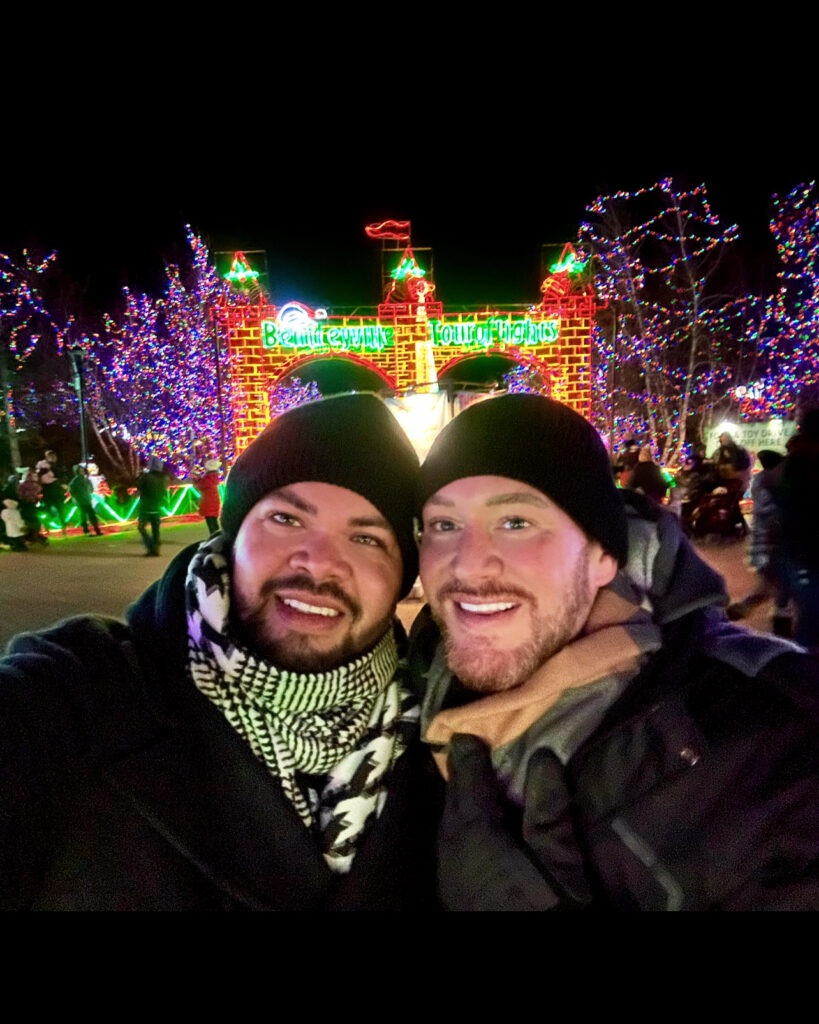
- Name: Kyle R.M.
- Age at DX: 44
- Diagnosis (DX):
- Colon cancer
- Staging:
- 4
- Symptoms:
- Blood in stool
- Constipation
- Treatment:
- Chemotherapy
- FOLFOX
- Chemotherapy
You’ve got to find that inner strength and advocate for yourself.
Kyle R.M.
This interview has been edited for clarity. This is not medical advice. Please consult with your healthcare provider for treatment decisions.
Symptoms
Tell us about yourself
My name is Kyle. I just turned 45 in February. I live in Miami, Florida, and that is my hobby and my interest. Everything in the city keeps you busy all the time.
I’ve been married for six years, and my husband and I are currently in the middle of an adoption, so that’s very exciting. We’re finalizing soon and couldn’t be more happy that cancer hasn’t postponed the adoption. We’re becoming parents and moving next week in the middle of my chemos, because we have to have a bigger home to bring the child in.
That exciting time of becoming parents and having that new chapter start in our life happened to be right in the middle of my diagnosis. How we are navigating through that is what’s taken the forefront.
What were your first symptoms?
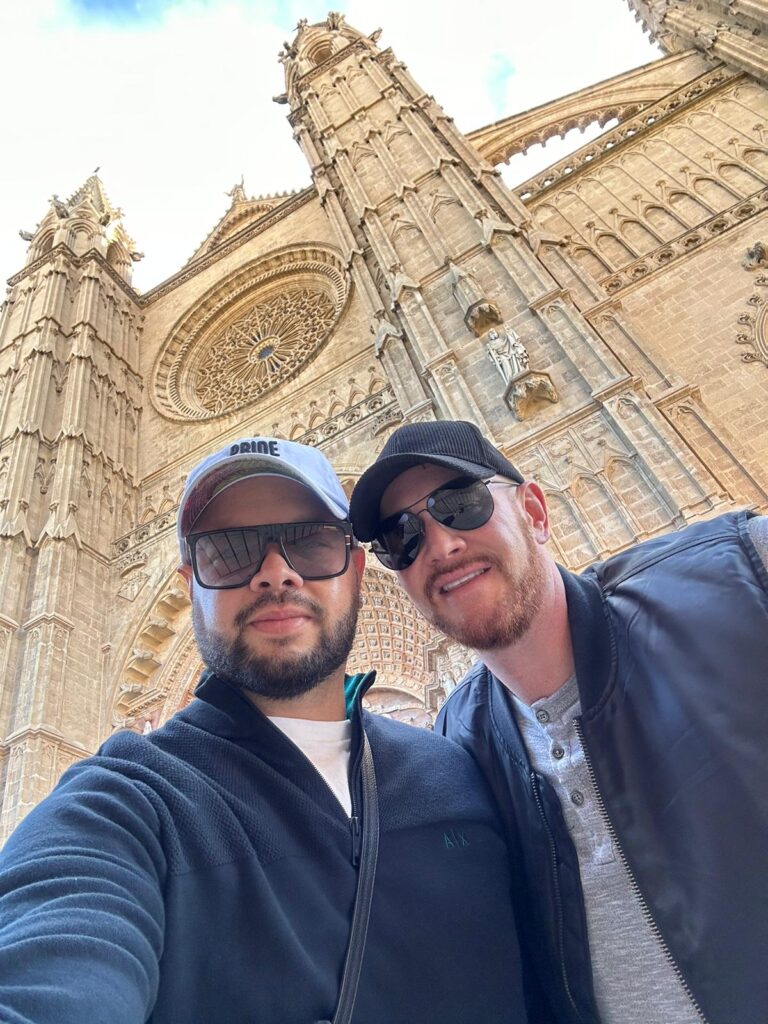
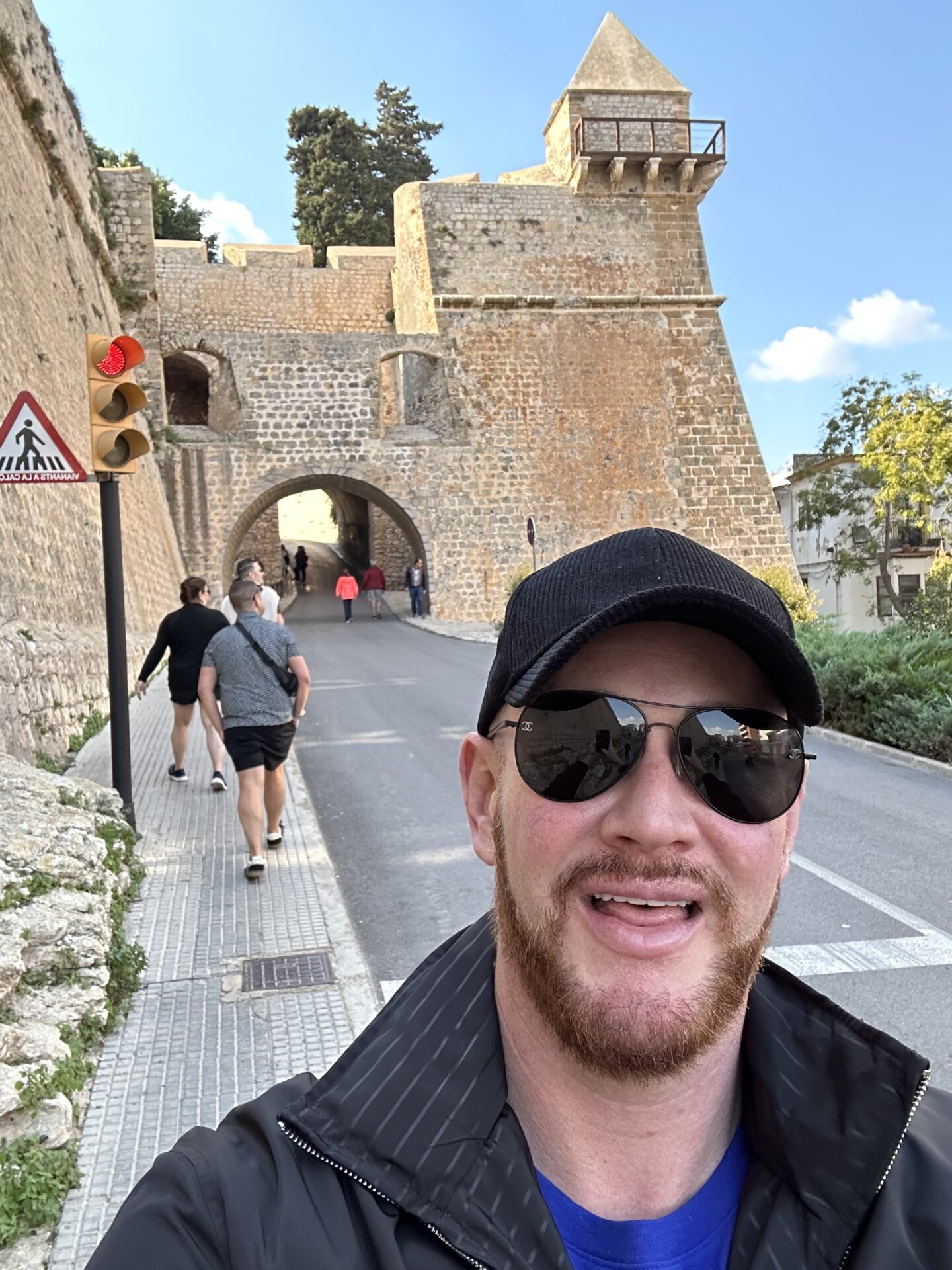
I knew something was wrong. My husband and I went to Europe for a month. Before we went to Europe, he had some major gastro issues. We went down the Dr. Google rabbit hole and we were accepting the fact that he may have colon cancer. He ended up getting an endoscopy and a colonoscopy, and he turned out perfect, thank goodness. It just happened to be a flare up.
I knew something was wrong.
Then we spent a beautiful month in Europe with friends, and traveled all around to multiple countries. When we came back, I was honest with him and said, “While we were gone, I had major constipation and blood in my stool. It’s getting to the point where the blood is becoming more than the stool, and it’s making me very nervous.”
Getting scans & tests
My husband had to go back for a follow up on his colonoscopy to make sure his stomach was doing okay. While he was there, I said, “See if they can squeeze me in.” He called me back and said, “Believe it or not, they have a cancellation. Can you come on December 27th?” Two days after Christmas. I work in retail, so that’s a very busy time for us.
I took the day off, I went and got the colonoscopy, and after the colonoscopy was over, I was freezing cold. The doctor said, “Can you join me in this room?” I texted my husband and said, “When you came out of your anesthetics, did they ask you to quickly join them in a room?” He said no, and I immediately knew.
His bedside manners were okay. He leaned up against the wall and said, “During your colonoscopy, we found a mast in your sigmoid colon.” I said, “What does that mean?” He said, “Colon cancer.” I went out and I told my husband, “They found something.” He asked me, “How do you feel?” I was like, “We’re going to get through this, it’s fine.”
Diagnosis
He ran the tests and it was colon cancer.

Receiving a cancer diagnosis
We came home that night and I got very proactive. I started reaching out to friends in the medical industry, and asking for advice from them. A friend, who is a doctor, was able to get me in touch with another doctor. Again, this is all during the holiday. He said, “Let me see the imaging.” I sent a picture of that. He said, “When I get back from my vacation, you’ll be my first patient.”
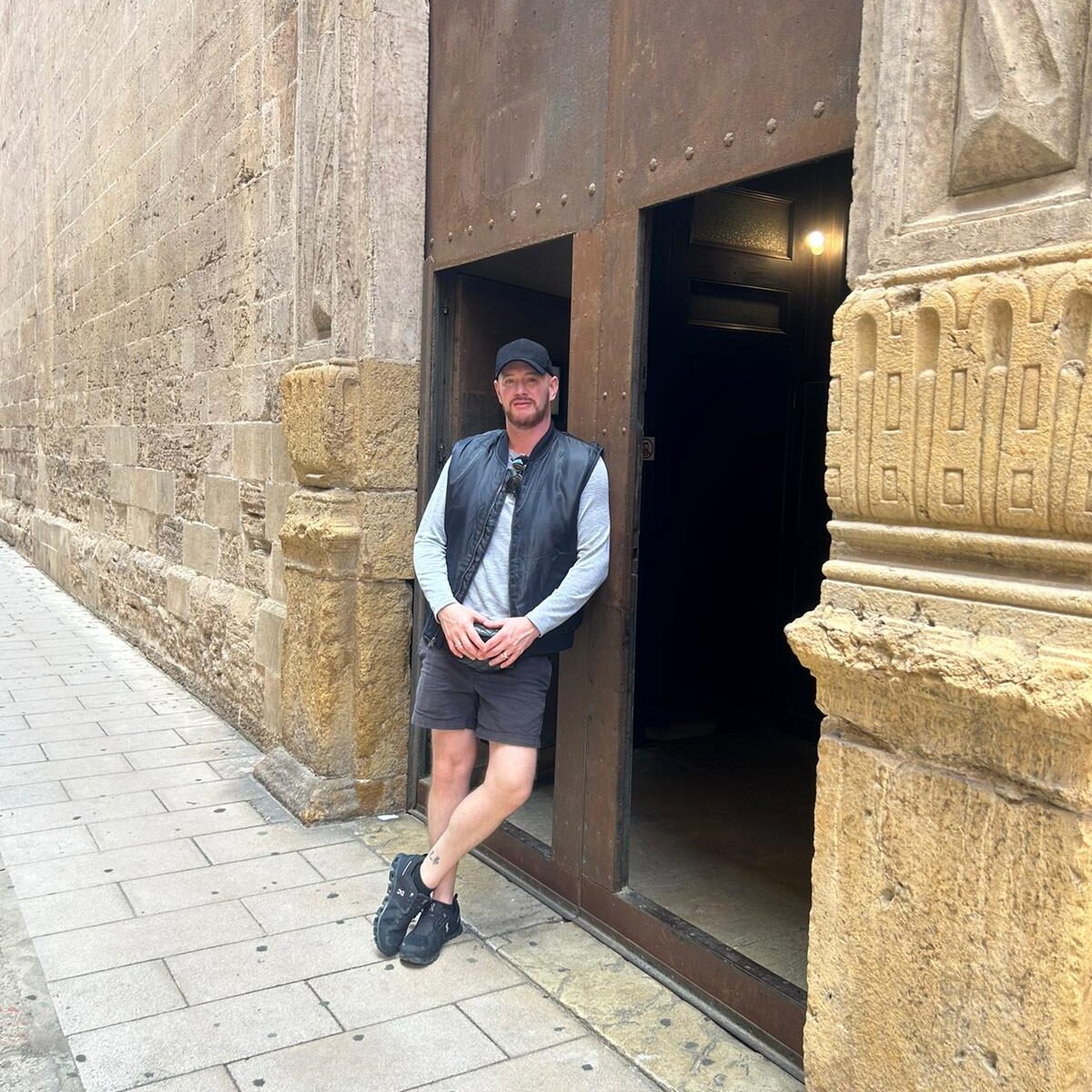
Luckily, I got in there and I saw that doctor immediately. He ran the tests and it was colon cancer. We had all the other tests start happening. I saw an oncologist at that point, and started getting scans. Unfortunately, when they did a CT scan, it lit up in my liver. At that point, we had to stop what we had started and immediately focus on what’s going on with my liver. When the surgeon called and said, “It’s in your liver. It’s out of my wheelhouse now,” my heart sank into my chest. I was like, I’ve got to deliver this news to my husband and my family.
The news wasn’t taken by my family very well, and there was a lot of crying that night. I stayed strong, but it was emotional. It’s not just me that has cancer, it’s the whole family, is how I look at it. For friends and family, anyone around me in my circle, we’re all doing it together. It was a tough night. It was bad news because there were 4 different significant spots in my liver. I had more testing done and my CT scan. The good news is, after my CT scan, it was not in my lymph nodes. It’s nowhere else, just in my colon and liver.
Describe your experience with getting a colonoscopy
A colonoscopy, people think, it’s super expensive, it’s invasive, it’s a surgery. The one thing with the colonoscopy is everybody dreads that they have to drink this horrible drink, and it’s going to make them have bowel movements.
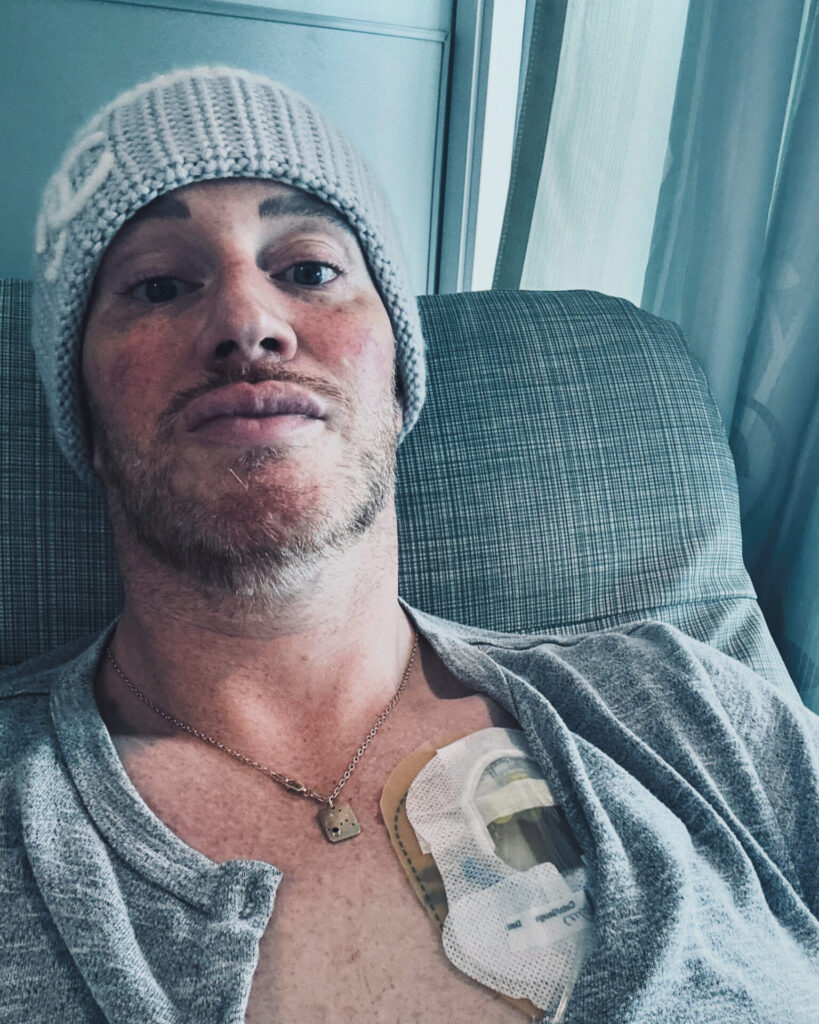
You have to prepare yourself. I went on YouTube and watched this one woman say, “This is how I prep for my colonoscopy.” The message was: water. She said, “Be super hydrated 2 days before you start the cleanse and then your cleanse won’t be so bad.” My cleanse wasn’t bad at all. I’ve heard horror stories, but my cleanse wasn’t bad because I followed what she said. I was drinking around a gallon a day and regular tea also.
You have to fast for 20 or 24 hours. It’s not that bad. Everybody can do it. It’s for your health, it’s for your family, and so you can be around for many, many years to come. The colonoscopy part, it’s nothing. You go in, get in a bed, you have a nurse come and check your vitals, and then the doctor comes over to the bed and introduces himself, and then you get walked back into a room and they put a mask over your face. They say to count backwards. I counted backwards and I was out. I woke up and it seemed like it took no time.
When I woke up, there wasn’t any funny business, I wasn’t saying weird things and I didn’t feel any pain. I didn’t feel very bloated. I got bad news, but from the time that I left the bed with the doctor to when I actually found out that they found a mass was 15 minutes. I think it was probably a 15 or 20 minute recovery in the bed. Then I went into the office and he told me what happened, and I was coherent.
»MORE: What It’s Really Like To Get A Colonoscopy
Treatment
What cancer treatment are you on?
We started on a very aggressive chemo immediately. February 19th was my first chemo, FOLFOX. I did that for 48 hours each time.
Chemo was an eye opening experience. I tell people when they ask me what the symptoms feel like, they feel like the worst adult hangover and the flu for 4 to 5 days. I can drink water, which is great, but I can’t eat. I’ve learned that eating during chemo makes me even more sick, so I choose to fast those 3 days. On the fourth day, I resumed eating. That’s what I’ve found works for me.
What are your side effects from chemo?
Some of the side effects that I’m getting are weird. I call it a superpower. I can smell and break down scents like you wouldn’t believe. I can tell you if somebody brings me peanut butter on bread, I can smell the peanut butter, the grains, the wheat, to the point where it’s nauseating. The only thing that helps is pure peppermint oil. We’ve learned that if we spray it underneath our kitchen table onto the rug, it goes throughout the house and it soothes everything.
It makes me feel selfish for having this issue, because no one can cook in my house. I can smell what’s cooking in the neighbor’s house. When I go outside and take my first walks with my dogs, I can smell the ground, the grass, and how the sun heats up the concrete.
»MORE: Cancer Treatment Side Effects
I get hiccups for about 3 days. They did prescribe me a muscle relaxer. It works great because it also makes me fall asleep. A double win for me. The more you can sleep the better when you’re going through chemo.
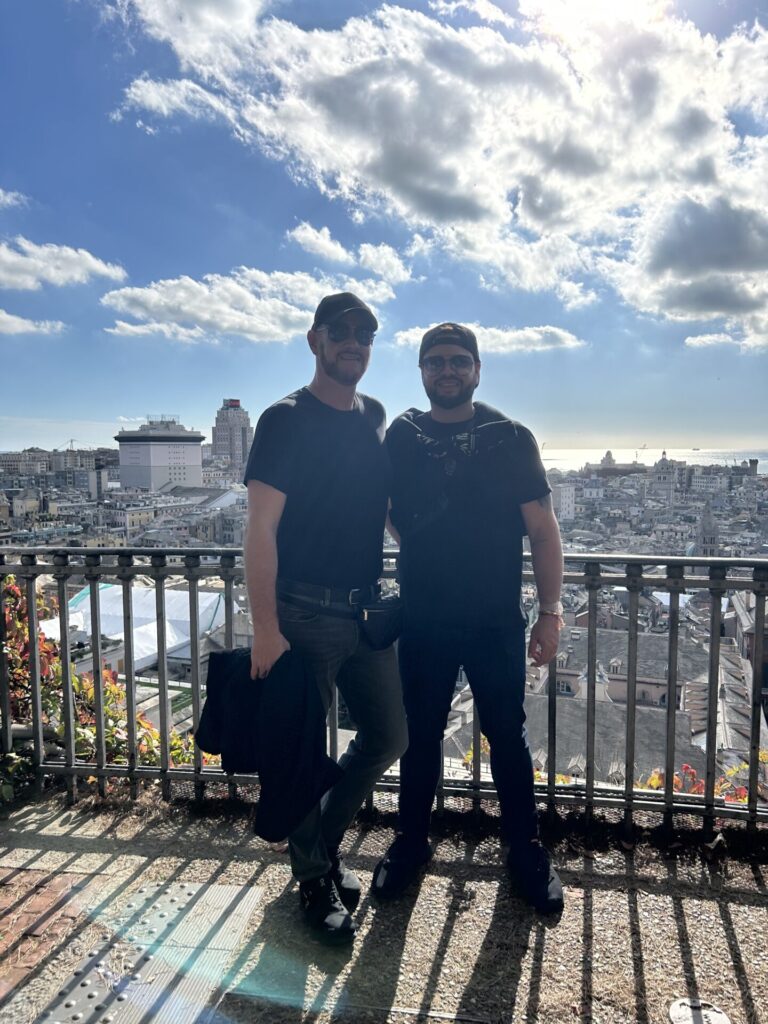
The other day I was eating an acai bowl and part of it was still frozen. When I swallowed it, it felt like it got stuck in my throat. It felt like I had a thousand needles in my throat, and my tongue immediately swelled up to the point where we were concerned. It went down in about five minutes. It was a very interesting feeling.
Describe your experience with having a chemo CRASH
Another one of the side effects is that I get a chemo CRASH or a toxic crash. When I get my chemo, I get one for an hour and 20 minutes, then 2 different chemos for 2 hours and 20 minutes. Then, when they go to do the fourth chemo, it’s a pump that I take home in between the second and the third chemo. The fourth is when my body starts to react, my temperature goes up, and my blood pressure goes through the roof. They have to call in a doctor.
It happened twice. They have to call in the main doctor that’s overseeing the chemo ward for the day. Then they have to lay me flat, calm me down, switch me out, and put on an IV of liquids. They wait about 20 minutes and I snap back, I sit up out of the bed, and I’m like, okay, I guess I’m ready to go home. It’s a very interesting feeling.

Every year since I turned 40, I’m now 45, I did the at-home screening…I did that for 4 years before I had my colonoscopy. All my levels were fine.
This attending doctor gave me some advice. He said, “What has happened is that we’ve loaded your body full of one toxin and a lot of volume, and your heart is trying to figure out what to do with all this volume. I’m going to say that this is going to be consistent with you. Every time you go from this much volume down to a smaller amount of volume, it’s just your body adjusting. Next time, we’re going to lay you flat, we’re going to be prepared for it, and we’ll be good to go.”
Words of Advice
Where are you at in your treatment plan currently?
I have 2 chemos down. I have 3 to go next week. I’m meeting with the oncologist, so I’m sure we’re going to start doing some more scans and possibly biopsies again to see where we’re at. I’ll have more of a handle on it then, but as of now, the chemo is where we’re at.
The importance of getting preventative screening
Every year since I turned 40, I’m now 45, I did the at-home screening because I did speak to my general practice doctor and let her know that my grandmother passed away from colon cancer. She said, “Let’s be proactive and do the screenings.” The screenings didn’t catch it.
How I did the at-home test is that my doctor prescribed it. It was a kit and it had swabs in it. I had instructions on how to retrieve a sample. You would stick the entire thing in, you’d break the swab, you’d break the top off, and then you’d put it back in a biohazard envelope. You put it in the mail and then they give the results back to the doctor. I did that for 4 years before I had my colonoscopy. All my levels were fine.
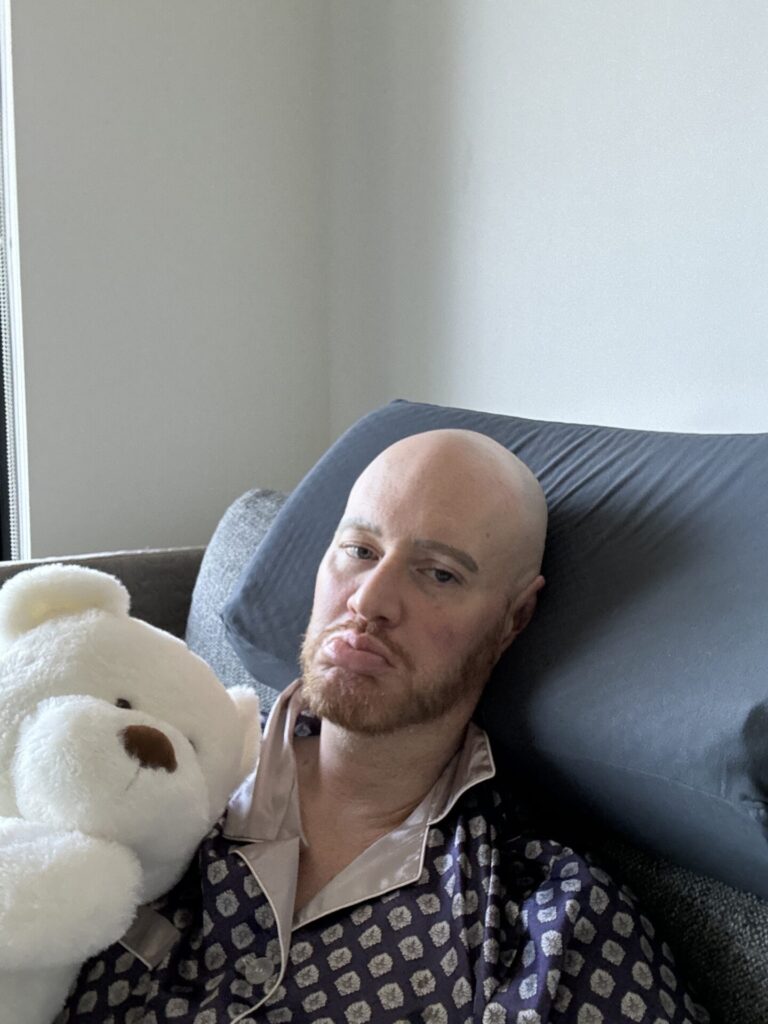
My doctor said to me that he is seeing cancer like the flu. If that’s any indication that we have a problem in the United States with cancer.
Since I’ve got the colonoscopy and the diagnosis, I’ve been so open about it. On my personal Instagram and Facebook page, I post every time I have chemo. I do videos when I’m able to feel better and tell people my progress. The amount of people that comment, “Because of you, I got a colonoscopy.” Or, “Because of you, I got a mammogram.” That’s magic to me. Prevention is key. My doctor said to me that he is seeing cancer like the flu. If that’s any indication that we have a problem in the United States with cancer. More people need to hear the messages and get screened. What’s two days of your life to be able to have a life, to go get screened? It’s worth it.
The week that I got diagnosed, two of my friends also got diagnosed with cancer. We meet up and I have colon cancer. They both have breast cancer, but two different types of breast cancer. We’re all going through our journeys. We go and we hug each other and say, “Get through the week and we’ll see you next week.” It’s crazy to think, within a circle of friends, I got diagnosed, then my friends got diagnosed within one week, and we’re all young.
Do you have any advice for cancer patients?
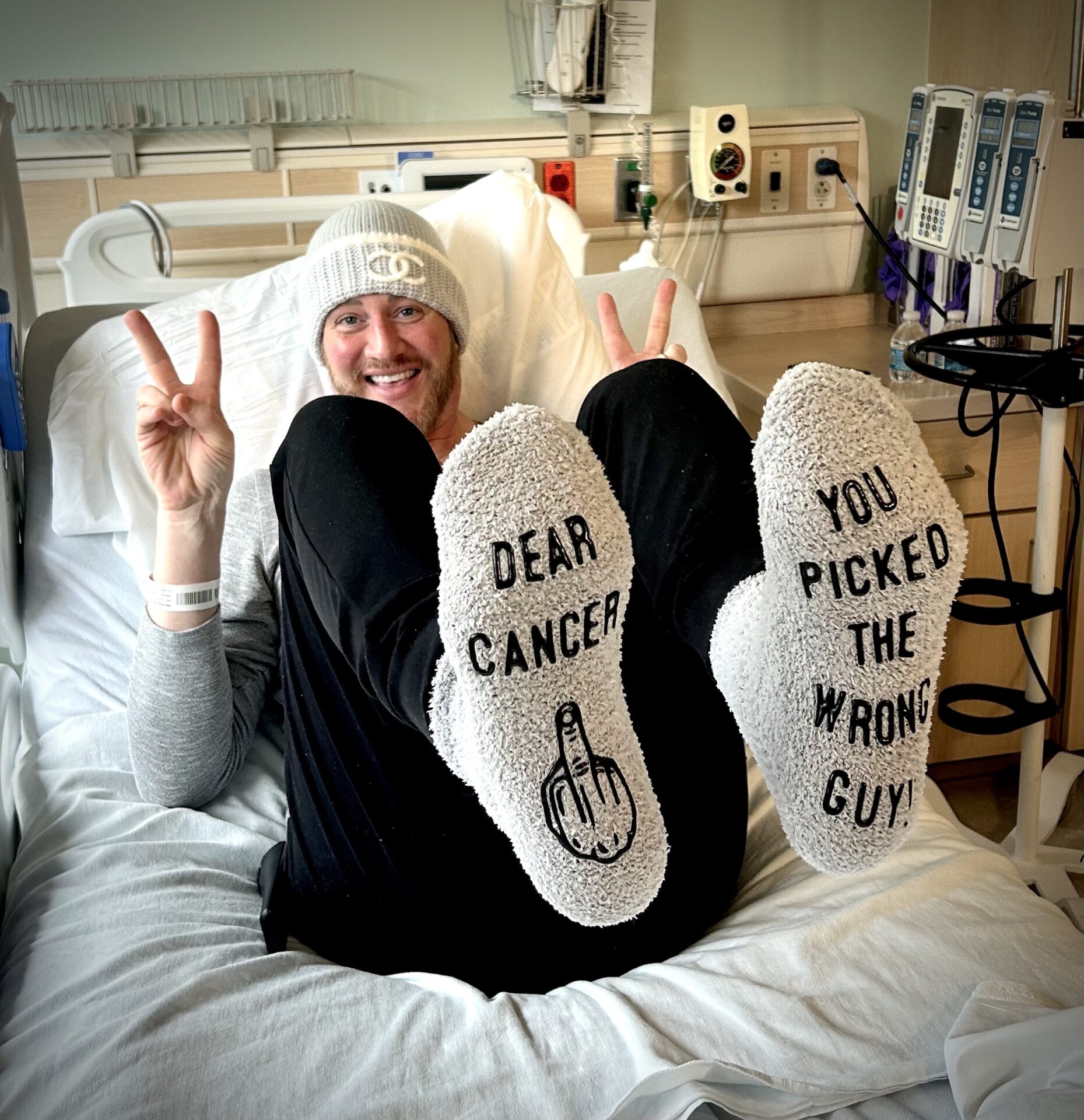
Be your own advocate. Do not be shy. You are going through cancer and chemo. If you’re not going through chemo, you’re going through radiation or some sort of treatment. You’ve got to ask questions, and don’t wait. I have asked every question possible. I don’t think that there’s any way to get through this unless you’re your own advocate.
You’ve got to find that inner strength and advocate for yourself when it comes to insurance and finding out your medical path. Do your homework. Don’t wait for the doctor to call.
»MORE: How To Be A Cancer Patient Advocate
More Colorectal Cancer Stories
Kristie C., Colon Cancer, Stage 4 (Metastatic)
Symptoms: None per se that she noticed; she experienced constipation and passed narrow stool, but had been experiencing constipation most of her life, and thought that these digestive issues could also have resulted from perimenopause
Treatments: Chemotherapy (including adjuvant chemotherapy), radiation therapy, ablation therapy (liver ablation), surgeries (colectomy, temporary ileostomy, ileostomy reversal, scheduled liver resection)
Briana H., Colorectal Cancer, Stage 3
Symptoms: Periods of constipation initially lasting one week and then extending to two weeks, nausea, pain in lower left abdomen, lack of appetite, vomiting and inability to keep fluids down
Treatments: Surgeries (colon resection, tumor removal, colostomy placement, colostomy reversal), chemotherapy
Kailee O., Colorectal Cancer, Stage 4 (Metastatic)
Symptoms: Sensitive stomach sometimes leading to vomiting after eating, bleeding during bowel movements, persistent fatigue, back pain, abdominal pain, anemia, significant symptom flare-up during second pregnancy
Treatments: Surgery (colectomy), chemotherapy, targeted therapy
Starr S., Colon Cancer, Stage 4 (Metastatic)
Symptom: Abdominal pain
Treatments: Chemotherapy, surgeries (colectomy, hepatectomy, lymphadenectomy), targeted therapy
Jackson L., BRAF Mutation Colon Cancer, Stage 4
Symptoms: Severe stomach pain, fatigue, lack of motivation, anemia, blood in stool, thinning stool
Treatments: Surgeries (emergency bowel obstruction surgery with temporary colostomy, possibility of HIPEC in 2026), chemotherapy, immunotherapy
Heather C., Colon Cancer, Stage 4 (Metastatic)
Symptoms: Severe bloating, indigestion, vomiting, rectal bleeding
Treatments: Chemotherapy, surgery (liver transplant, upcoming)
